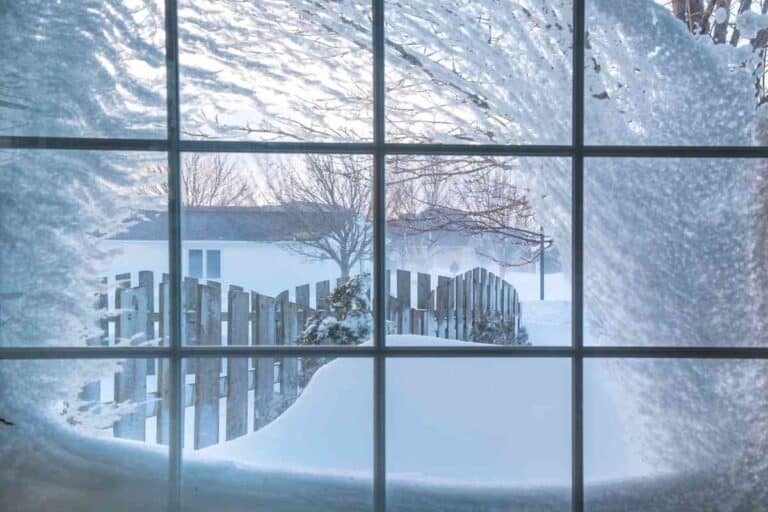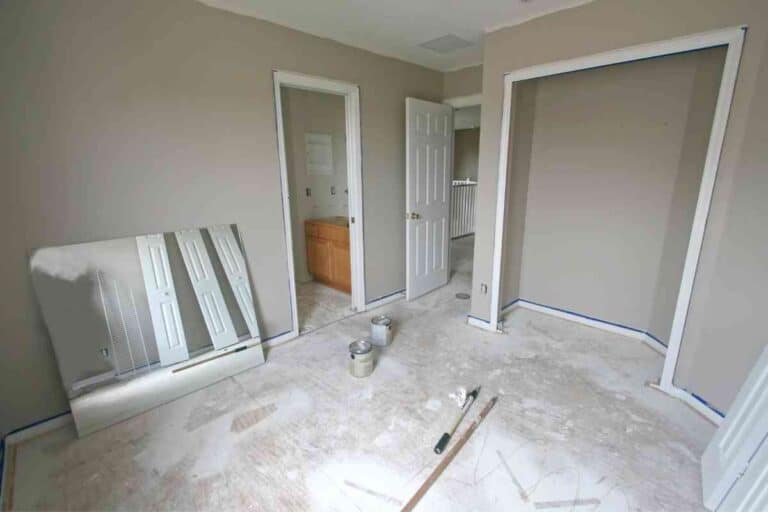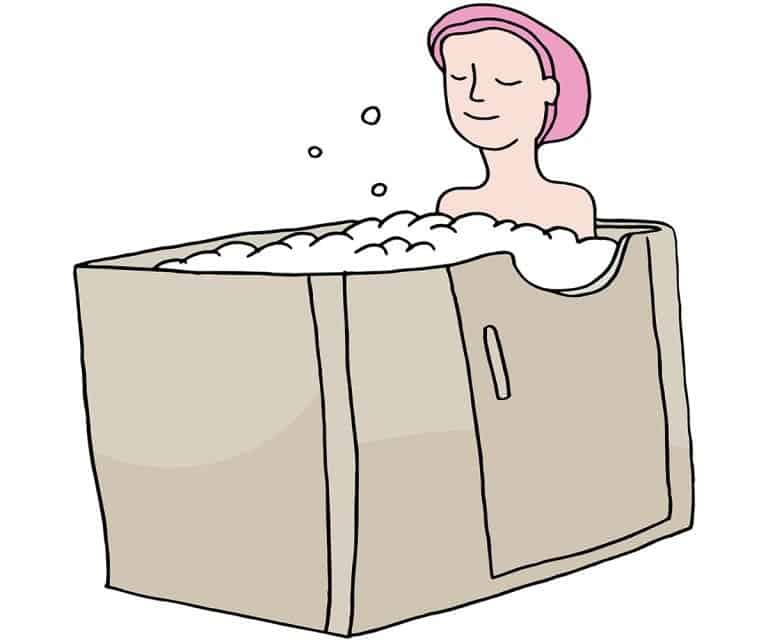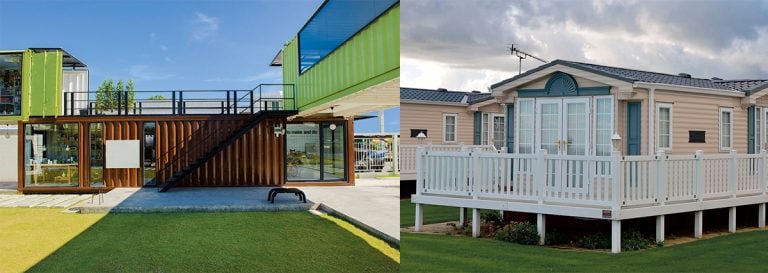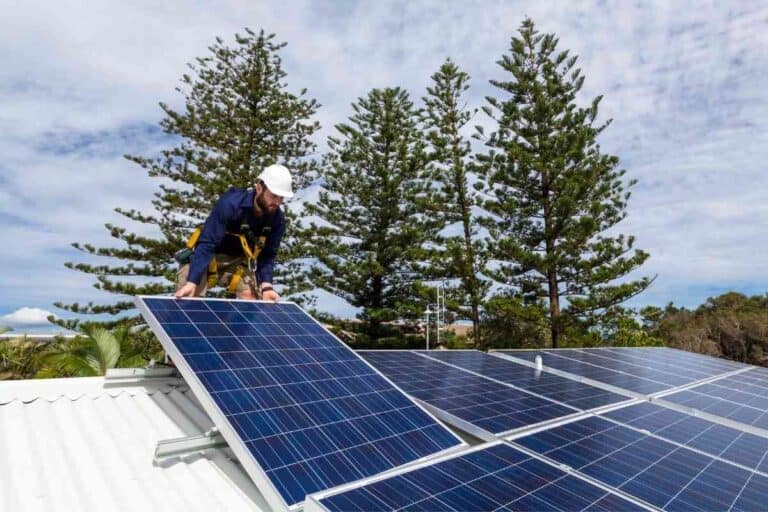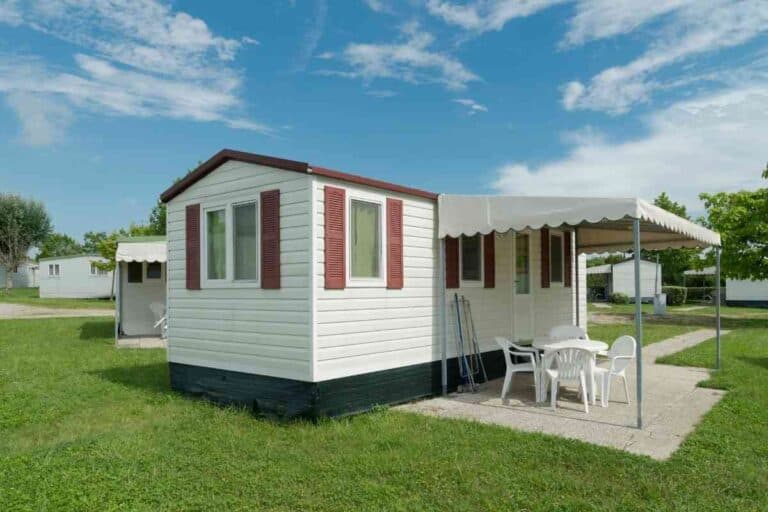Can You Install a Water Softener in a Mobile Home?
What do you get when you put a water softener in your mobile home? Soft, silky-feeling skin. Clean dishes and laundry without calcium stains. Not to mention the benefits of having softer clothes and bedding.
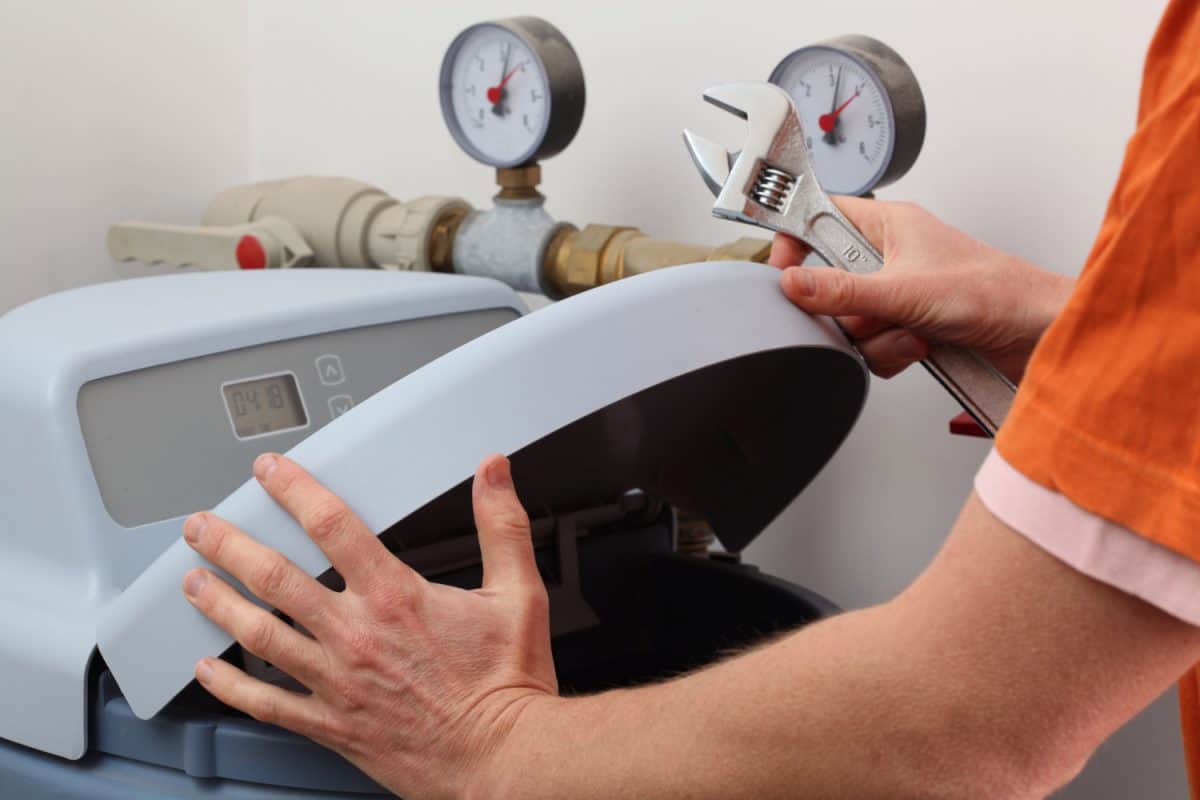
Do these sound like things worth considering? Absolutely! Read on to find out what to consider before installing a water softener in your mobile home and see if it might be something you want to take into consideration for your own home. But first, let’s answer the question that may have brought you here:
Yes, a water softener can be installed in a mobile home. However, space may be more limited than in other homes, and it can be tricky to make room for one. You should also consider whether you will need an electronic model over a mechanical one, depending on factors such as your sewage system.
What Is a Water Softener?
Hard water is water with high mineral contents, including calcium and magnesium, which come from mineral deposits in the groundwater. Water softeners work by removing these minerals from the water through a process of ion exchange.
Hard water is not dangerous or unhealthy for you. Some research suggests that the minerals in hard water may even provide some health benefits and be associated with a lower risk of cardiovascular diseases.
However, a high level of mineral content can be bad for your clothes, skin, and hair.
It also impacts how soap lathers, which can lead to an increased need for detergent and cause staining on dishes.
In addition, you will have to be extra vigilant about cleaning the tiles in your shower if you have hard water because calcium can accumulate quickly and make your shower look dirty.
Another issue with hard water is that your appliances may not work as efficiently.
Appliances such as your dishwasher and washing machine could have a higher energy use because of the increased need for detergent, and they will not last as long. In older homes, you may also notice decreased water pressure due to calcified pipes.
So if you have hard water, installing a water softener will help to alleviate these problems.
Do You Need a Water Softener?
If your water is already soft, installing a filter will not benefit you. There will always be some level of calcium and magnesium salts in your water, but small amounts will not be harmful to your appliances.
However, if the amount of minerals is high enough, it may be worth investing in getting a water softener installed.
How do you know if the water is hard?
Often, people start looking into water softeners because they have a dishwasher and/or washing machine that is not working properly.
Their glasses, dishes, and clothing come out with a build-up of mineral deposits that can’t be removed by regular washing.
Other times, people notice that their showerheads are getting clogged or the bathroom tiles are accumulating ugly yellowish calcium deposits.
All of these things are signs of too much calcium and magnesium in your water. Other signs of hard water are cloudy water. Very high calcium levels will also make the water taste unusual.
Although other factors can cause these issues, if you notice more than one of the above-mentioned symptoms in your home, then hard water may be the culprit.
To find out if your tap water is hard, you have a few options. One is to check with your water company. They should be able to provide you with accurate information on the mineral levels in your tap water.
Water hardness is measured in milligrams of calcium per liter (mg/L) or grains per gallon (gpg) and will be listed on your water report.
- Soft: 0 to 60 mg/L (0 to 3.5 gpg)
- Moderately hard: 61 to 120 mg/L (3.51 to 7 gpg)
- Hard: 121 to 180 mg/L (7.01 to 10.5 gpg)
- Very hard: +180 mg/L (+10.51 gpg)
If you have well-water or are unsure if there is something else going on, you can purchase a water testing kit from your local hardware store.
A quick and easy test to tell if your water is hard or soft would be adding some tap water to a bottle and shaking it vigorously for a few seconds.
If your soap is foaming a lot and the water is clear, then the water is soft. If there is less foam and the water appears cloudy, your water is probably hard.
If you find out that your tap water has moderate or high levels of calcium, magnesium, or iron, installing a softener can be helpful and will probably ensure a longer lifespan for your appliances.
Considerations Related to Mobile Homes
Water Softeners can be installed in a mobile home when it is not too cramped, and there are sufficient access points to the system, but you might need professional help if your space is tight.
When it comes to the water softener itself, there is one point that you should consider before making your purchase:
A water softener removes the minerals that have been extracted from your water supply by passing salt through its tank and out into the drain.
Too much salt discharge can adversely affect the septic system’s ability to break down waste.
If you are connected to a septic system, it may be best to install an electronic water softener as opposed to a mechanical one.
One of the benefits of an electronic model is that it regulates the use of salt more precisely, thereby reducing salt levels in your septic tank.
Can I Install a Water Softener by Myself?
It is legal to install a water softener without hiring a licensed plumber in most places, but it may not be the easiest thing to do.
And it’s important to ensure that the installation is done according to code. An improperly installed water softener can lead to water contamination or leaks.
If you do not feel confident in the installation process, you should consult a professional to ensure everything is done safely and correctly. If you are up to the task, here is a great video explaining the process:
A Few Thoughts Before You Install a Water Softener in a Mobile Home
You can’t just plop down any old appliance where ever you want to, at least not when it comes to installing something like this.
You’ll need to prepare the area for installation and it’s a good idea to install the water softener where you can access power.
Here are some things to remember when installing a water softener in your mobile home:
- Make sure that there’s enough space in the area where the unit will go. You will need needs about five square feet of space around it. Take some measurements before purchasing any parts so you know exactly what size of water softener you can fit in your mobile home.
- Check if there’s an electrical outlet nearby before buying. If not, you may want to look for a non-electric water softener, although they take up more space.
- Measure how many gallons of water you use in a day and do some math so you know how big of a tank size you’ll need. Your water softener will need a bigger capacity tank if your daily consumption is high.
- You should also consider flow rate, i.e., how many gallons per minute you may be using at any given time. Say, when your dishwasher and washing machine are running while you shower and your spouse is watering the lawn. If your water softener is too small to handle the demand, you will lose water pressure and start pulling hard water through the pipes.
- When picking a water softener, it is important to know just how hard your water is, as each model is designed to treat a specific range of hard water levels. Some appliances can get damaged by too soft water. So choose accordingly.
Related Reading
- Water Softener Hardness Level
- 7 Ways To Quickly Troubleshoot A RainSoft Water Softener
- Kenmore Water Softener: The Ultimate Troubleshooting Guide
- Where To Drain Water Softener Backwash: 4 Safe Options
- How To Adjust Your Water Softener Hardness Settings
- How To Reset & Regenerate Your Culligan Water Softener
- How To Reset A PUR Filter [Solved In Seconds!]

